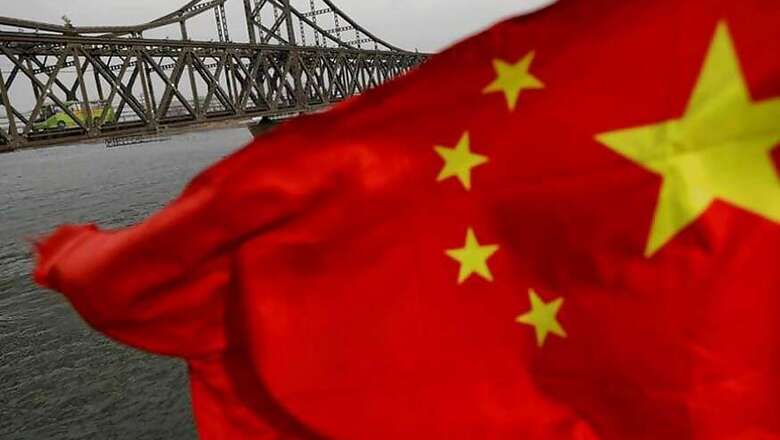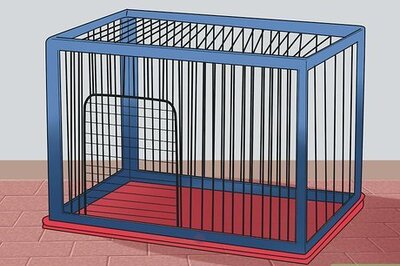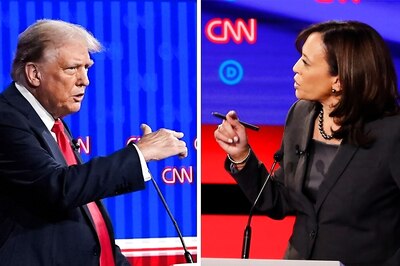
views
Beijing: A top Chinese official on Wednesday rebuffed a US-based media watchdog's report that Beijing imprisoned at least 48 journalists in 2019, more than any other country, saying China was a country where the rule of law prevailed and no one was above the law.
The Committee to Protect Journalists (CPJ) in its annual global survey this year said China, Turkey, Saudi Arabia, Egypt are the "world's worst jailers of journalists".
The CPJ found that at least 250 journalists have been jailed in relation to their work, with the largest number held in China, the report said.
"The highest number of journalists imprisoned in any year since CPJ began keeping track is 273 in 2016. After China, Turkey, Saudi Arabia, and Egypt, the worst jailers are Eritrea, Vietnam, and Iran," it said.
"Since CPJ began keeping track of journalists in prison in the early 1990s, Turkey has frequently vied with China for the ignominious title of the world's worst jailer. In 2019, CPJ found at least 48 journalists jailed in China, one more than in 2018," it said.
The report said that a crackdown in Xinjiang province - where a million members of Muslim ethnic groups have been sent to internment camps - has led to the arrests of dozens of journalists, including some apparently jailed for journalistic activity years earlier.
When asked about the report, Chinese Foreign Ministry spokeswoman Hua Chunying said the US-based committee had no credibility.
"I have no information on the figure. In China, a country with rule of law no one is above the law. Anyone breaking the law must be prosecuted no matter whoever he or she is. If you are looking at 48 people, if they are in existence you should look at whether they have violated the law," Hua told a media briefing here.
On protests in Hong Kong, Hua said that there're many fake reporters who took part in the ongoing demonstrations in China's special administrative region.
The CPJ report said that the number of detention of journalists has "steadily increased as President Xi Jinping consolidated political control of the country and instituted ever tighter controls on the media".
In one recent Chinese case, Sophia Huang Xueqin, a freelancer who formerly worked as an investigative reporter at the Chinese outlets, was arrested in October shortly after describing on her blog what it was like to march with the pro-democracy protesters in Hong Kong, it said.
"She faces charges of 'picking quarrels and provoking trouble', a common anti-state allegation levied against critics whom the ruling Chinese Communist Party view as a threat," the report said.
China mostly has state-run media but in recent decades the social media, especially Weibo akin to Twitter, has become immensely popular overriding the official media. China has now tightened control over social media by reinforcing its internet firewalls.




















Comments
0 comment